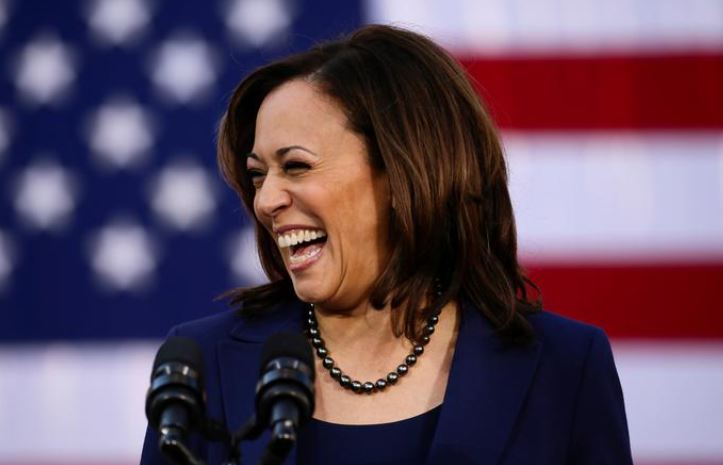×
The Standard e-Paper
Stay Informed, Even Offline

Kamala Harris made history on Saturday with her election as Joe Biden’s vice president, becoming the first woman, first Black American and first Asian American to win the second highest U.S. office.
Harris, 56, is widely seen as an obvious candidate for the Democratic Party nomination in 2024 should Biden, who will be 78 at their inauguration on Jan. 20, decide not to seek a second term. She hasn’t weighed in publicly on such speculation.